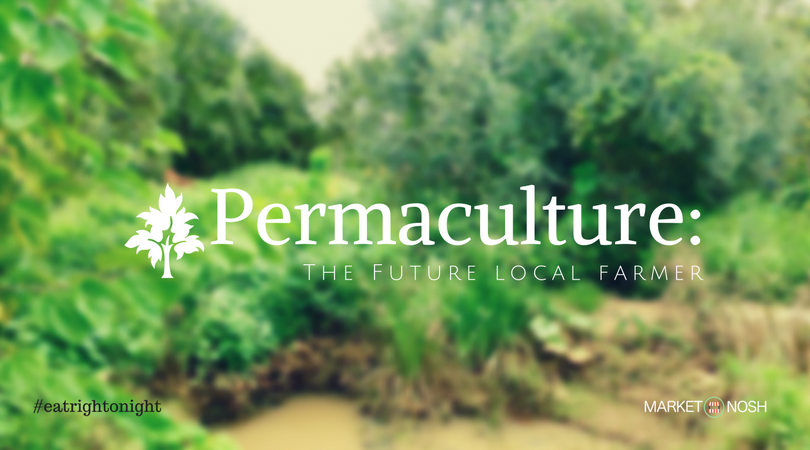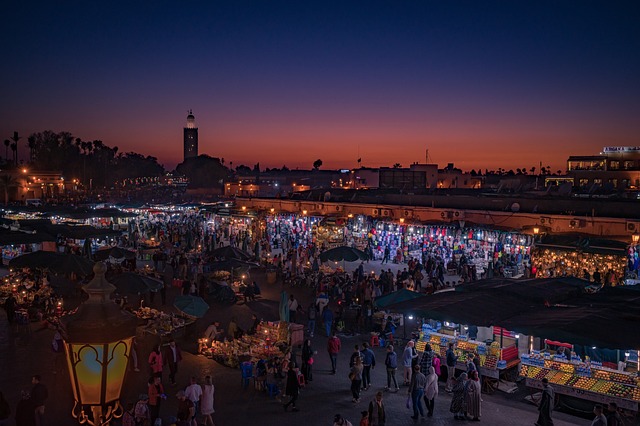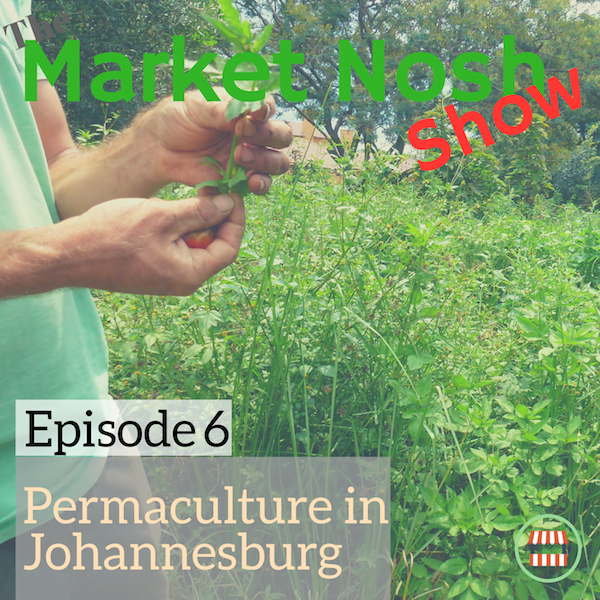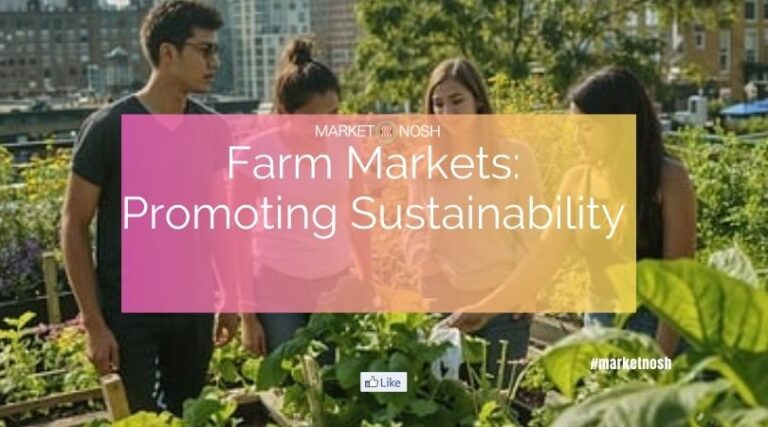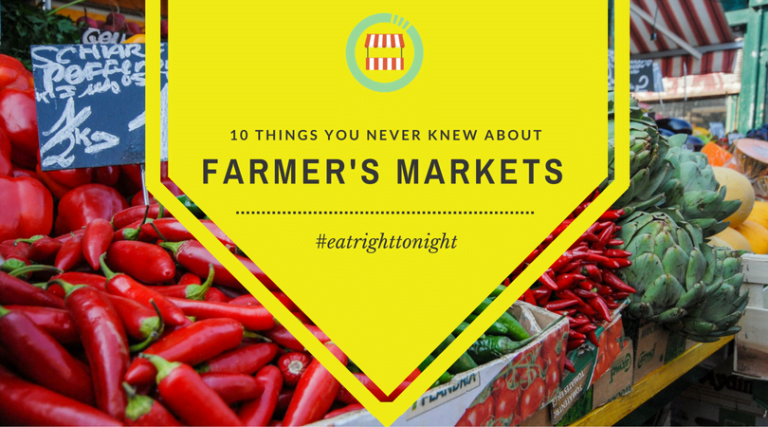Permaculture: the Future Local Farmer
The phone rings and as we pick up the receiver we hear:
“Earth Calling…”
“Planet Earth Calling…”
It’s taken a little while for us to realise but the earth, and I am talking as if it is a thinking organism, knew all along how to best grow our food and water the lands.
How strange it is now that we are talking about the process that has always existed as permaculture! Go figure!
I have more than a slight interest in permaculture. In a former incarnation as a Landscape Gardener I often wondered about the plants and the way they were arranged, how they encouraged other plants to grow and even those things gardeners hate called ‘weeds’.
The beauty of a weed is its resilience to all kinds of abuse and yet, paired with other plant species it seems to stay under control, yet in a carefully manicured garden it is free to do as it wants!
So what is permaculture then?
Permaculture.co.uk explains it as:
-
Permaculture is an innovative framework for creating sustainable ways of living.
-
It is a practical method of developing ecologically harmonious, efficient and productive systems that can be used by anyone, anywhere.
In essence it is living with nature!
No no no, I don’t mean getting your togs off and wandering around stark naked. (Although if that is your thing, go and be free) I mean that you work with the way Nature works.
You notice weather patterns and gradients to best provide shelter for plants and ways of retaining water in the ground.
It is about looking at the green world around us and understanding that certain plants grow best when a ‘companion’ plant grows nearby.
The area of permaculture has expanded so quickly in the last few years that the information available now is truly overwhelming. But with a little bit of interest and a great support network it is great to see your garden flourish while others spend hours trying to keep the lawn mown!
Basic Principles
According to Wikipedia, Bill Mollison and David Holmgren came up with the term in 1978. Since then it has led to many branches including ecological design and engineering and ultimately sustainable architecture.
The simple principles represent a world where we interact with each other and the planet in the most harmonious way possible.
Bill Mollison wrote 3 principles that should govern the philosophy of permaculture. He had been part of a research community who tasked themselves with deciding the ethics a person should try to abide by on this planet.
This amounted to 18 guiding principles, but he admits that they eventually all flow from 3 core principles with the first probably being all encompassing and the rest for commentary.
In his book, Permaculture: A Designers Manual, Bill Mollison lists the 3 core ethics:
- Care of the Earth: Provision for all life systems to continue and multiply
- Care of People: Provision for people to access those resources necessary to their existence
- Setting limits to population and consumption: By governing our own needs, we can set resources aside to further the above principles.
Permaculture: A Designers Manual (1988, Tagari Publications) Pg 2
Knowing these three principles will set up a series of questions the permacultralist must ask. The Permaculture world is about a lifestyle as much as it is about food.
Living with the land is part of the greater idea that we as humans are part of the giant ecosystem of earth. It is only once the understanding of our part in this system becomes evident and an overriding awareness of other systems at work, that we can truly see the world working as one.
Bill Mollison wrote a lot about how people can see the planet, universe and your neighbour, but his 3 core ethics still to this day are core to us understanding and creating a world we can all benefit from.
He says there are really only two questions we can ask
- “What can I get from this land and this person?”, or
- “What does this person, or land, have to give if I cooperate with them”
Permaculture: A Designers Manual (1988, Tagari Publications) Pg 3
The first question he says leads to “war and waste “, the second leads to “peace and plenty”.
Understanding the Philosophy
Within the permaculture lifestyle there is a massive drive to avoid wasting anything. Everything is recycled and reused. Nothing is thrown out and discarded.
This idea also causes people to note what they are buying, because if you are buying items that cannot be reused or recycled then there is further waste!
See how the principles above make it easy to start on the permaculture journey.
The efficiency of the earth and the energy that already exists on our planet can be used effectively, it just need a bit of fore planning.
There is no need to suddenly turn the heating on full if you have planned for a house that stores heat, or to panic about not eating if the plants that are grown match the surrounding area and seasons.
Having an understanding of the land within which you live will ensure you also take care of that land. Work with it and be a part of it.
Of course we cannot all suddenly give up our day jobs, throw out our plastic milk cartons and run into the local park shouting about how we all need to go back to the trees.
Permaculture is an evolving philosophy. One which requires us to first look and understand. Become a part of a group and then to change our ways as humans to better fit with our planet.
We already know that we cannot continue to destroy our planet for our own gain. It not only affects us but also those around us, and life that we cannot even see.
A Time for Subtle Change
There is much that can be done, but to understand that permaculture is living in harmony will begin to cause a change in the way you buy your food and how you drive your car.
We as the ‘consumer’, and that word speaks louder volumes than ever, can vote with the choices we make. If we buy from fresh organic markets, we begin to support a way of life that encourages organic farming.
Should we choose to get our meat from animals, having an understanding of that animal’s life and its sacrifice for us will certainly cause a change within us to not overeat or throw away this precious food source.
I will not preach about the way anyone should be, but I will at least open the debate to find better ways of cooperating with others and nature.
I am aware that the computer I write on is made from precious metals mined from under the ground, that the internet is supported by millions of servers powered by electricity that burns fuels. I am aware that the mobile phone I so readily carry with me, contains the work of thousands of people who work in unsatisfactory conditions.
I know all this, and need to find alternatives to it, but writing my text on a stone wall in a cave, or using a tin and some string is not going to sort out our current issues – communication is!
I think as part of Bill Mollison’s 3 principles, there needs to be an addition to number two and a forth. So I propose that I, as a simple man, in the shadow of Bill Mollison, could include the words and the forth ethic for a world conscious and considerate of itself and others:
2.Care of People: Provision for people to access those resources and systems necessary to their existence
and add,
4. Mindful Communication: Provision for people to express themselves, and equally listen to the thoughts and ideas of others.
Listening to our world
There are many voices and many ideas of what we should do, and how we ought to do it. Permaculture is no different. It is a philosophy, an idea that holds very real results that amount to areas that are flourishing and supporting the world around us.
There are plants which not only make us ill but make us well. There are animals and fish which support us emotionally and cause us to be healthy. (Think dogs or Garra Rufa)
The water from a natural rain bring life and healing to the land and we are a part of it.
Listening to our world also means listening to other people too. If we cannot hear others because we only listen to the earth we are no different to others who only want to destroy our planet for their own gain.
Communicating to our neighbours and friends the beauty in our philosophies and beliefs, is to share a greater knowledge but not to force a change. As with any true practice it is the example that leads to the greatest following.
My journey with permaculture and companion planting has been interesting and I aim to learn more each new year, to develop myself and my surrounding with the world I live in. To not waste and to appreciate the people who make up our world.
Conclusion
The reason for this post was to express the deep belief of someone bringing their products to a market and the deep value they are placing on providing these products for customers.
Being on a market stall is not about selling to make a profit, but is about selling to profit others as much as ourselves.
Buy your fresh local produce from a marketplace and consider the effort and the desire of the traders around you, bringing their products to a place where we can all benefit.

